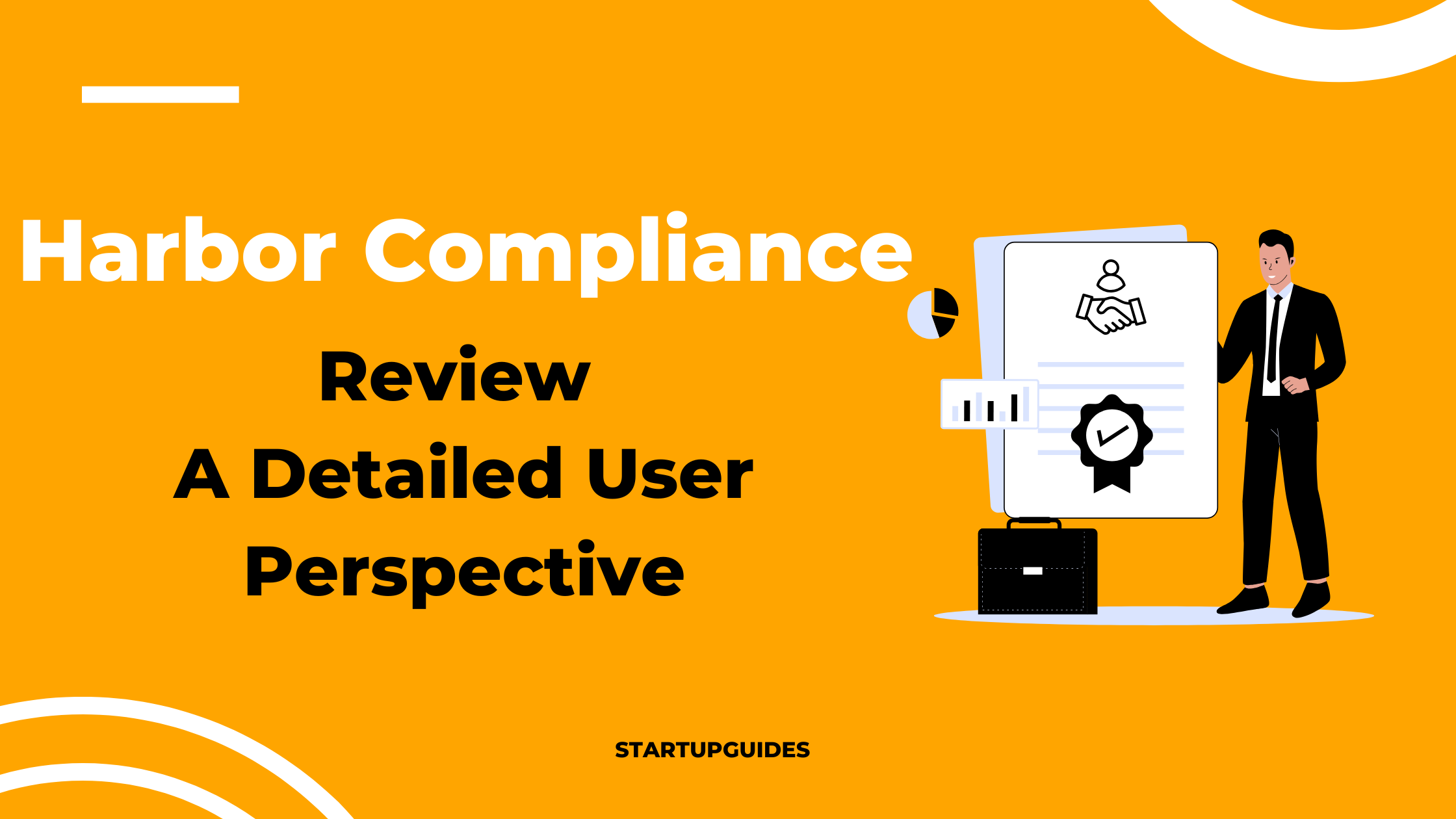Starting a business is an exciting and sometimes overwhelming journey. In the state of Colorado, forming a Limited Liability Company (LLC) is a popular choice for many entrepreneurs due to its flexibility, tax benefits, and liability protection. Whether you’re starting a small side hustle or planning to grow into a large enterprise, an LLC provides a solid foundation. This guide will walk you through every step of the process, from naming your LLC to maintaining it long-term, all while ensuring you stay compliant with Colorado’s state laws.
What is an LLC and Why Choose One in Colorado?
Before diving into the steps of starting an LLC, it’s important to understand what an LLC is and why it’s a good choice for business owners in Colorado.
An LLC, or Limited Liability Company, is a business structure that combines the liability protection of a corporation with the tax benefits and simplicity of a sole proprietorship or partnership. In simpler terms, an LLC protects your personal assets from business debts and liabilities while offering tax flexibility and ease of management. It’s one of the most popular business structures in the U.S.
Here are a few key benefits of forming an LLC in Colorado:
- Personal Liability Protection: Your personal assets (like your home, car, and savings) are generally protected from business debts, lawsuits, or any other liabilities your LLC may face.
- Pass-Through Taxation: LLCs are typically taxed as pass-through entities, meaning profits and losses pass through the LLC to the owner’s personal tax return. This helps you avoid the “double taxation” that corporations face.
- Flexible Management: LLCs are more flexible in how they are managed compared to corporations. You can choose between member-managed or manager-managed LLCs.
- No Franchise Taxes: Unlike some states, Colorado does not charge franchise taxes, making it a cost-effective option for business owners.
Now that we have a basic understanding of why an LLC is a great choice, let’s look at the step-by-step process of starting an LLC in Colorado.
Costs Summary
| Service | Cost (USD) |
|---|---|
| Articles of Organization Filing | $50 |
| Name Reservation (Optional) | $25 |
| Registered Agent (Annual) | $100 – $300 |
| LLC Annual Report (Required) | $10 |
Step-by-Step Guide to Starting an LLC in Colorado
Starting an LLC in Colorado involves selecting a name, choosing a registered agent, filing Articles of Organization, and obtaining an EIN.
1. Search Your LLC Name
The first thing you need to do when starting an LLC in Colorado is choose a name for your business. The name must be unique and not already in use by another registered business entity in the state. In Colorado, your LLC name must also comply with the following requirements:
- Contain “Limited Liability Company,” “LLC,” or “L.L.C.”: Your business name must include one of these designators to make it clear that you’re operating an LLC.
- Not too similar to another LLC’s name: The Colorado Secretary of State will reject your name if it’s too similar to an existing business in their system.
- Avoid restricted words: Certain words, such as “bank” or “insurance,” may require special approval to use. These terms are often regulated due to their specific implications.
To check if your business name is available, you can use the Colorado Secretary of State’s business name search tool. This allows you to ensure that your desired name isn’t already in use by another business. If you find that your chosen name is available, you may proceed to the next steps.
If you’d like, you can reserve your LLC name for 120 days. While not necessary, this can give you some peace of mind if you’re not ready to officially file your LLC but want to secure your chosen name.
2. Choose a Colorado Registered Agent
In Colorado, as with most other states, you are required to have a registered agent for your LLC. A registered agent is a person or business that is responsible for receiving legal documents and government notices on behalf of your LLC.
Your registered agent must:
- Have a physical address in Colorado (P.O. Boxes are not allowed).
- Be available during business hours to accept legal documents.
- Be authorized to do business in Colorado.
You can either choose to act as your own registered agent or hire a professional service to handle this responsibility for you. Acting as your own registered agent is free, but it comes with certain risks and responsibilities. You must ensure that you are available during business hours and that your registered address is accurate at all times.
Hiring a professional registered agent service ensures that your business remains compliant with Colorado’s legal requirements. Services typically charge anywhere from $50 to $200 annually. Popular services include companies like Northwest Registered Agent, LegalZoom, and ZenBusiness.
3. File Articles of Organization
Once you’ve secured a business name and chosen a registered agent, the next step is to officially create your LLC by filing the Articles of Organization with the Colorado Secretary of State. This is the document that formally registers your LLC with the state.
Here’s what you need to do:
- Visit the Colorado Secretary of State’s online filing system: This is where you’ll submit your Articles of Organization and pay the associated filing fee.
- Provide necessary information: The Articles of Organization will ask for basic information about your LLC, including:
- Your LLC’s name and principal business address.
- The name and address of your registered agent.
- Whether your LLC will be member-managed or manager-managed. In a member-managed LLC, the members (owners) handle the day-to-day operations, while in a manager-managed LLC, a designated manager runs the business.
- The names and addresses of the LLC’s members or managers.
- Pay the filing fee: The filing fee for the Articles of Organization in Colorado is $50. This fee can be paid online via credit card or debit card.
After submission, the Secretary of State will process your application, and once approved, you will receive an official certificate of formation for your LLC. This process is generally fast, often completed within a few hours if done online.
4. Create an LLC Operating Agreement
An LLC Operating Agreement is a critical document that outlines the ownership and organizational structure of your LLC, as well as the operating procedures. While not required by the state of Colorado, having an Operating Agreement is highly recommended to prevent conflicts among members and provide clarity on key issues.
An Operating Agreement typically includes the following:
- Ownership percentages: It specifies who owns what percentage of the LLC.
- Management structure: Whether the LLC is member-managed or manager-managed.
- Distribution of profits and losses: How profits and losses will be divided among members.
- Decision-making procedures: How decisions will be made, such as voting thresholds and dispute resolution processes.
- Procedures for adding/removing members: What will happen if a member leaves the business or if new members join.
Creating this agreement early on will help you avoid potential misunderstandings and legal issues in the future. It’s especially important if your LLC has multiple members, as it helps clarify everyone’s roles and responsibilities.
You can draft the Operating Agreement yourself, or you can use templates available online or hire an attorney to ensure that it’s tailored to your business’s specific needs.
5. Obtain an EIN (Employer Identification Number)
An Employer Identification Number (EIN) is a unique number assigned to your LLC by the IRS. This number acts like a Social Security Number for your business and is necessary for a variety of purposes, including:
- Filing taxes (federal and state).
- Opening a business bank account.
- Hiring employees.
To obtain an EIN, simply apply online through the IRS website. The application process is free and takes just a few minutes. You’ll receive your EIN immediately after completing the form.
6. Register for Colorado State Taxes
Depending on the nature of your business, you may need to register with the Colorado Department of Revenue for state taxes. For example, if you sell goods or services, you’ll need to register for sales tax. Similarly, if you have employees, you’ll need to register for payroll taxes.
To register for state taxes, visit the Colorado Department of Revenue website, and submit the necessary forms based on your business activities. In some cases, you may also need to apply for other licenses or permits depending on your industry or local regulations.
What to Do After Your LLC Is Approved in Colorado
Once your LLC is officially formed, it’s important to maintain your business in good standing by fulfilling ongoing requirements. Below are some key post-formation tasks to consider:
Open a Business Bank Account
It’s crucial to keep your personal and business finances separate. To open a business bank account, you’ll need your EIN, Articles of Organization, and an Operating Agreement (if you have one).
Maintain Your LLC’s Good Standing
In Colorado, LLCs must file an annual Periodic Report with the Secretary of State to maintain their good standing. The Periodic Report is due every year during the anniversary month of your LLC’s formation. The filing fee is $10.
Pay State and Federal Taxes
As an LLC, you’ll need to stay on top of your tax obligations. This includes filing federal taxes with the IRS and paying any applicable state taxes in Colorado. Make sure to consult with a tax professional to ensure that you are compliant.
LLC Taxation in Colorado
One of the biggest advantages of an LLC is its tax flexibility. By default, an LLC is treated as a pass-through entity for tax purposes. This means that the LLC itself does not pay taxes. Instead, the profits and losses of the LLC are passed through to the owners’ personal tax returns.
In some cases, LLCs may elect to be taxed as a corporation, which may be beneficial for certain businesses. To make this election, you will need to file IRS Form 8832.
Conclusion
Starting an LLC in Colorado is a simple and cost-effective way to protect your personal assets and enjoy tax flexibility. By following the steps outlined in this guide, you can ensure that your LLC is formed properly and stays compliant with state laws.
Remember, while the process is straightforward, it’s important to seek professional advice from attorneys or accountants if needed, especially as your business grows. Whether you’re just starting or already established, an LLC is a solid choice for any entrepreneur looking to thrive in Colorado.
FAQs
Do I need an LLC operating agreement in Colorado?
While not legally required, it is strongly recommended that LLCs have an Operating Agreement. This document outlines the internal rules and helps prevent disputes among LLC members.
Can I form an LLC if I don’t live in Colorado?
Yes, you can form an LLC in Colorado even if you don’t live in the state. However, you must have a registered agent with a physical address in Colorado.
How long does it take to form an LLC in Colorado?
The filing process is typically quick, especially if you file online. In most cases, your LLC will be approved within a few hours after submission.
Is there an annual fee for an LLC in Colorado?
Yes, LLCs in Colorado are required to file a Periodic Report each year, with a filing fee of $10.





